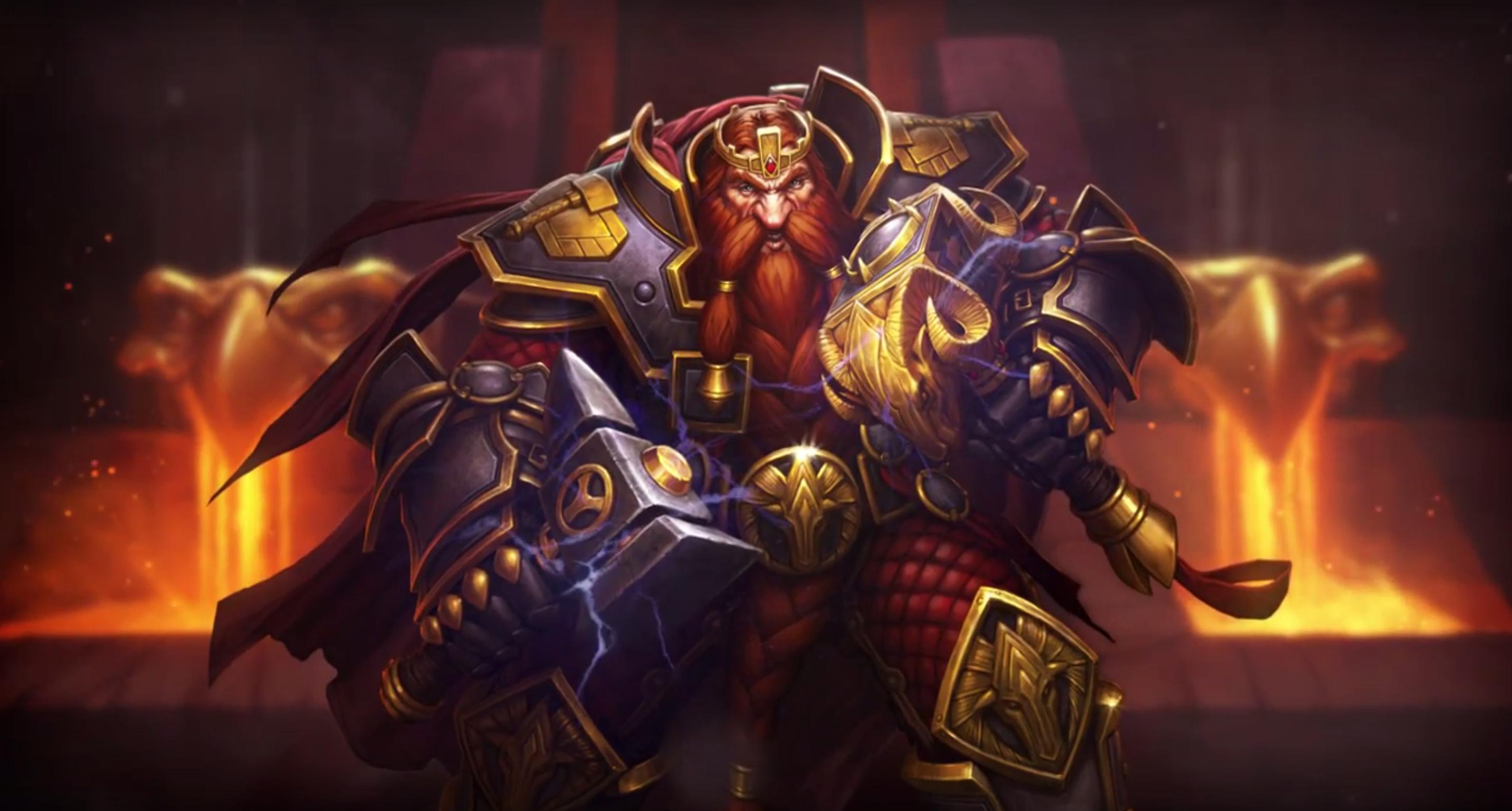Fundamentally speaking, Hearthstone is a great game. The mechanics are crisp and simple, the interaction is fun, and the classes are generally well-balanced. Its success felt just like the success of World of Warcraft or StarCraft 2. “Deceptively simple, insanely fun.” That slogan might as well be on Blizzard’s business card at this point.
However, there’s been growing concern and frustration about the current state of Hearthstone over the past several months. Hearthstone has been out for over a year, yet the game still lacks basic features. We still don’t have more than the restrictive nine deck slots, which is ludicrous. The ladder is saddled with one of the most primitive rewards system known to competitive gaming. Getting to rank 20 gets you just a card back. Breaking into Legend gets you nothing but the Legend rank and qualification points for the Hearthstone World Championships—if you’re in the top 5 percent of Legend players. There’s nothing in between. That’s a huge lack of incentivization.
Call of Duty 4 came up with the idea of progressive unlocks and prestige as you grind your way to the top, and that was released in 2007! Three wins for 10 gold, a static pool of quests, an unranked arena mode that’s entirely meaningless in the grand scheme of things—this would’ve been excusable last January, but not anymore.
These gripes came to a head last week when a Reddit user penned a lengthy, perturbed examination about some of the longstanding problems plaguing the game.
“For starters, I’m not really saying I think the game is essentially terrible or anything like that,” the redditor, going by the name DerSteppenwolfx, wrote. “What I’m saying is that it’s like building a house; they got all the foundations right, they made a good-looking house, but then for some strange reason it seems like they just gave up in the last stretch and never placed any windows, doors and left the backward a complete mess. They have a good game here at the core but that’s lacking many features and a year later most of them are still missing.”
And you know what? I almost entirely agree, but unfortunately, this also entirely expected. It’s not because Blizzard has a habit of sitting on its hands. It’s not because it doesn’t believe in Hearthstone. We’re talking about a free-to-play game. In our modern, nebulous era, nearly every multiplayer-first PC game is developed without a pricetag. And guess what? When you don’t have to protect your investment or subscription fees, a developer’s not going to care as much about adding the most basic things, like more deckslots. It’s not World of Warcraft—you’re not going to freeze your account out of solidarity. You’ll continue to play Hearthstone and drop the occasional cash for a couple packs of cards or an arena run. Why? Because it has no real impact on you. Blizzard can move as slow as it wants.
That’s why you’re seeing alternative heroes (sold at $9.99) announced ahead of, say, a new arena mode or a ladder revamp. Think of the additions Blizzard has made to Hearthstone since release. You had Curse of Naxxramas, Goblins vs. Gnomes, and Blackrock Mountain. All things it could charge for. The only free, mechanical change Blizzard made was a spectator mode, released in December, 2014. Blizzard knows it can stay put with its two bare-bones modes because that’s not part of the revenue stream.
It’s almost ironic, right? When free-to-play gaming first gained traction it felt like an awesome, players-first trend. A few years later and we’ve to realized that free-to-play is specifically designed to get players by the balls. When we’re unable to vote with our dollars, what we say or want simply does not matter.
That’s why Hearthstone is bare bones. That’s why developers get away with releasing half-finished games. That’s why you can spend $10 to play with a static image of Magni Bronzebeard mounted on your player board. That’s your future.


